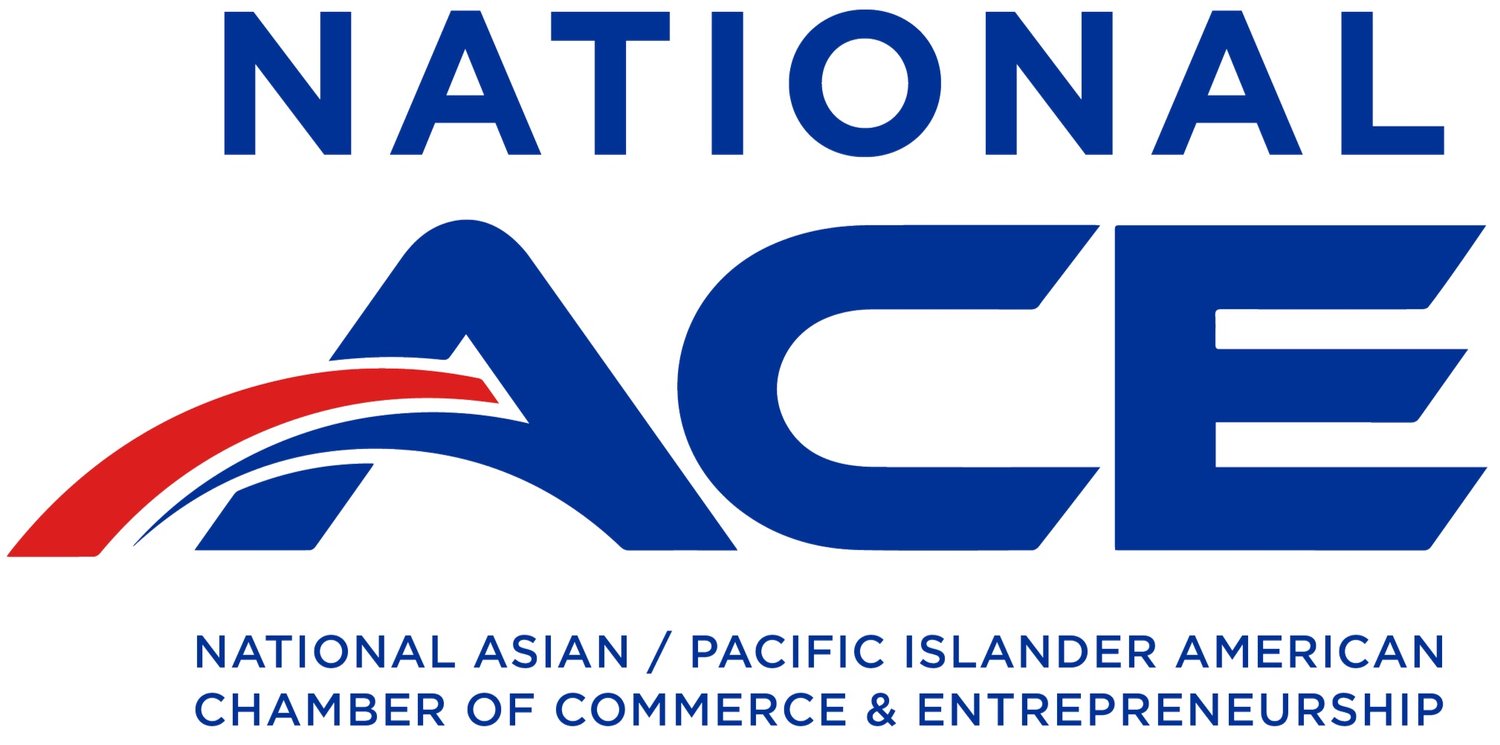Impact of Patchwork State Privacy Laws on Small Business
In several states throughout the country, we are seeing the rise of privacy laws that require consumers to ‘opt-in’ for nearly all uses of their data. Similar consumer privacy legislation has already been adopted in California, and is being debated for adoption in states such as Kentucky and Florida. If implemented, this legislation would have the unintended effect of not only diminishing the ability of small to medium sized businesses (SMBs) to deploy targeted ads and remain competitive, but also greatly increase their cost of compliance in a patchwork landscape of state privacy laws.
Online platforms offer SMBs low-cost and convenient options for targeted advertising that allow them to reach new markets and remain competitive with larger firms, despite not having the resources for a marketing team or large-scale campaign. Small businesses use the digital ad space as a primary means of reaching their current customers and engaging with new ones. Targeted ads generated by sites like Google and Facebook help connect small businesses with those who seem most interested in them as opposed to casting a wide net with advertising and exhausting resources. Targeted ads also keep platforms such as Google, Facebook, and Instagram free or low-cost to everyone, including businesses who do not use targeted ads.
73% of business owners say that, without online advertising, they wouldn’t be able to market themselves or grow their businesses effectively (SBE Council). With nearly three-quarters of the small business community expressing this kind of concern with the possibility of losing the kind of advertisement that is available digitally, this issue is now central to how small businesses engage with their market in the digital era. Around 86% of start ups rely on targeted advertising to stay afloat, and 44% strongly agree that the use of targeted ads is necessary to keep their businesses growing. The ad space provided by many of these internet platforms is low-cost and expansive, helping these small businesses receive a high amount of return on the marketing placed on these sites. 58% fear that stricter regulations on tech companies would result in higher advertising costs for their businesses and less accessibility to their customer base.
Additionally, this model of privacy legislation is cost-inefficient for already-overwhelmed business owners and taxpayers. According to the Information Technology and Innovation Foundation (ITIF): “California’s privacy law will cost $78 billion annually, with California’s economy bearing $46 billion and the rest of the U.S. economy bearing the other $32 billion. California small businesses will bear $9 billion of in-state costs, while out-of-state small businesses face $6 billion of costs.” Furthermore, Kate Shanks, Senior Vice President of Public Affairs for the Kentucky Chamber, shared that: “According to the California attorney general the initial costs of compliance are $50,000 for small businesses with fewer than 20 employees and $100,000 for businesses with up to 50 employees” (The Bottom Line).
The rise of sometimes contradictory and sometimes duplicative state privacy laws makes it extremely difficult to conduct business and ensure compliance across state borders—which is the main way most businesses operate in today's digital world of e-commerce. In a privacy patchwork landscape, SMB owners have to learn to navigate the unique regulations of each state in which they want to conduct business. It is confusing, difficult, and expensive enough to maneuver such regulations in one state, much less deciphering the requirements of multiple.
In ITIF’s analysis of the economic impact of this patchwork model, they write: “Without Congress passing privacy legislation, state privacy laws could impose out-of-state costs of $98 billion to $112 billion annually. Over a 10-year period, these out-of-state costs would exceed $1 trillion. The burden on small businesses would be substantial, with U.S. small businesses bearing $20 billion to $23 billion annually.”
In conclusion, ‘opting-in’ iterations of privacy legislation hinders the success and growth of our small businesses. It cuts off entrepreneurs in the most underserved segments of our country from vital avenues of maintaining and growing their consumer base. In the big picture, this ultimately prevents our SMB owners from elevating their business to the next level of revenue. Not only does it squash potential, but it also severely increases compliance costs, taxpayer burden, and friction for the entire commerce landscape. SMB owners simply cannot afford the cost of such legislation.
Concerns over privacy and data sharing are serious and deserve to be addressed. However, the model of ‘opting-in’ for all uses of data creates unnecessary burdens for consumers, sellers, as well as online platforms and marketplaces. Instead, an ‘opt-out’ version or a federal law on consumer privacy would eliminate the current patchwork landscape, and ultimately reduce compliance costs and barriers to conducting business. More sustainable and streamlined versions of privacy legislation would be in the better interests of the SMB owners, whose success is integral to the health of their communities, neighborhoods, and our national economy as a whole.
